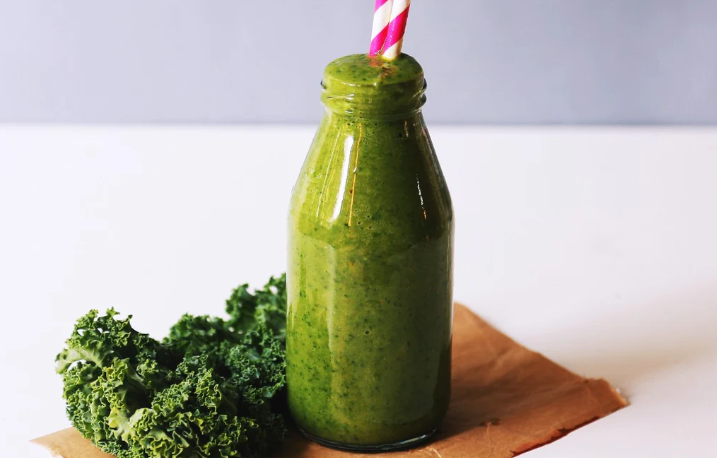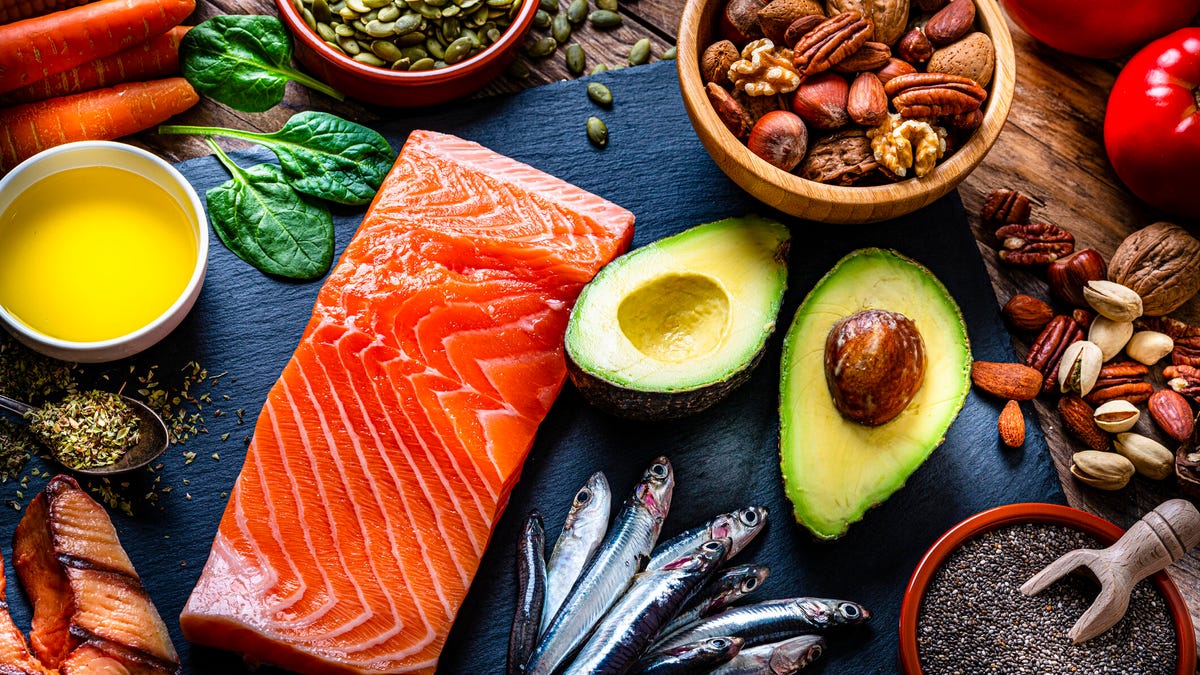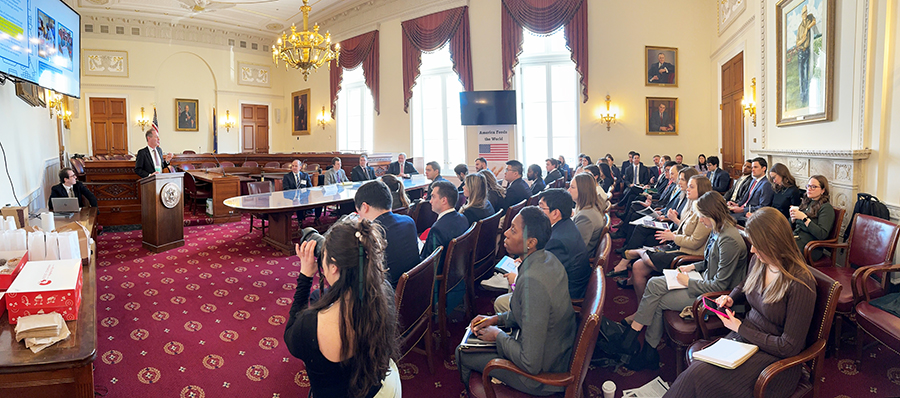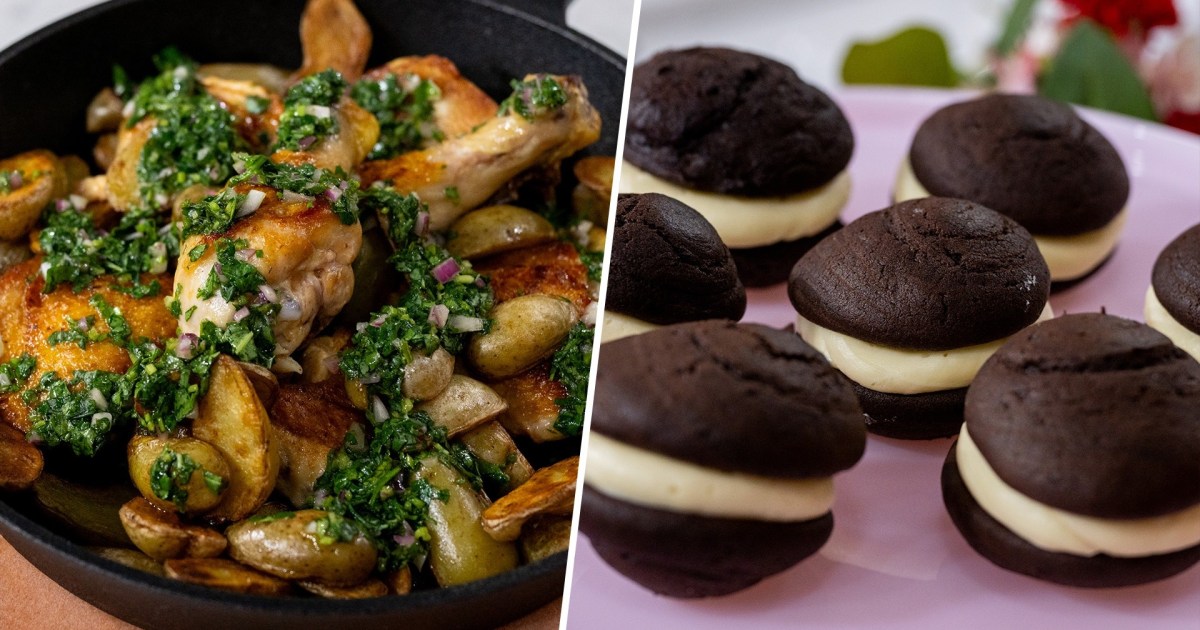By Heather Thompson
I was recently hanging out with a friend and we got to talking about healthy eating habits.
She was trying to figure out how to eat as cleanly and ethically as possible while also giving her body what it needs to feel its best. She had already eliminated gluten and dairy because she found them upsetting her stomach.
As I listened to the laundry list of foods she had taken out of her diet, I found myself asking, “Well, what are you eating right now?”Fruit, vegetables, and meat were the bulk of her current diet.
But then the conversation delved further down the rabbit hole. Wasn’t eating meat bad for you and bad for the environment?
Fish was definitely universally considered to be good for you, but what kind of fish, she wondered. Salmon! Salmon, I said, is a wonderful food and a great source of protein, vitamins, and fatty acids. “But… I don’t know whether to get farmed or wild. I keep reading contradictory opinions.”
Remember when eating well simply meant eating a balanced diet that followed that adorable little triangular food guide they gave you in elementary school?
Making sure you had a healthy balance of vegetables, grains, and protein used to be the simple solution to maintaining a healthy weight and feeling good.
Now there are endless aisles and shelves in the grocery store that cater to every possible concern, whether it be vegan, gluten-free, farmed, fresh, unprocessed, raw, macrobiotic, the list is seemingly endless.
There is a universe of conflicting information out there and it can be incredibly overwhelming to try to figure out how best to eat well in this day and age.
The problem with learning from the internet about what foods are good or bad, healthy or unhealthy, ethical or unethical, is that a large amount of the literature to be read is opinion and not scientifically proven.
Reading an op-ed on a vegan website is fine, but taking that information completely to heart without also taking into consideration scientific evidence or what your body is telling you it needs isn’t the way to go.
Even diehard yogis will tell you that if your body needs meat to stay healthy, being a vegan is not right for you; don’t push your body to do something it does not want to do.
We have seen a rise in recent years of orthorexia. While not yet recognized as a clinical eating disorder, orthorexia is still considered to be a form of disordered eating. Someone is orthorexic when they are completely consumed with healthy eating to an unhealthy degree.
When you restrict your food intake more and more because you consistently find food unhealthy in some way, you are not treating your body well and are depriving it of what it really needs to be healthy and strong.
Even if you read all the research in the world and feel educated when it comes to food, if you are not also taking into consideration your own individual biochemical makeup and needs, you do yourself a great disservice.
So what do we do? How do we make the best decisions for our health in the face of all the outside noise trying to pull us in twenty different directions? We drown out that noise with our own intuition. We listen to what our body tells us it wants and needs.
Trying to make the best decisions for yourself and the environment is wonderful because it means you’re thoughtful, but nobody is perfect and nobody can live perfectly. That you do your best for you is what matters.
Everyone is different and everyone needs different things to be healthy, so just because your friend is vegan and it works for her, doesn’t mean that it would work for you.
Let’s all take a deep breath and go back to the basics. And please, for everyone’s sake, just eat the salmon.
Heather Thompson is a writer and former contributor to Unwritten. Her work has appeared in The Washington Post, The Atlantic, Bustle, Hello Giggles, The New York Times, Huffington Post, NBC News, and many others.
This article was originally published at Unwritten. Reprinted with permission from the author.











